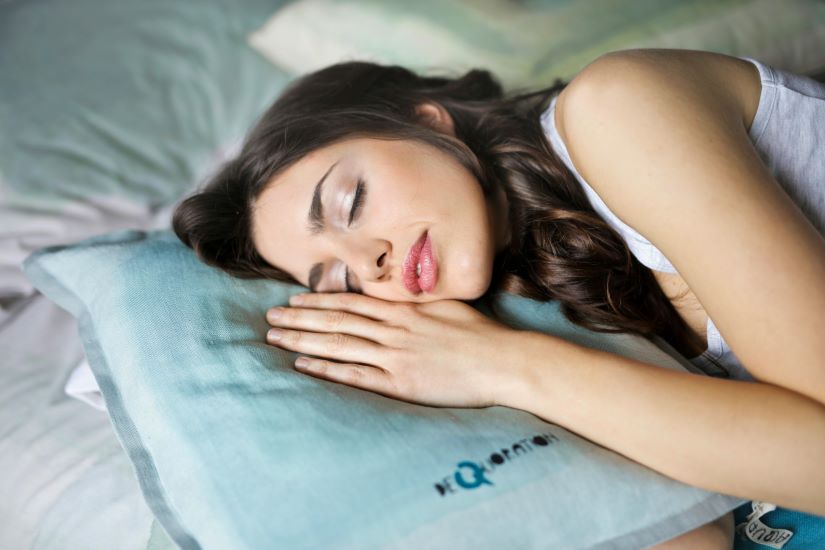The Science Behind Sleep Drooling: Exploring the Reasons Why It Happens

Have you ever woken up to find a damp spot on your pillow and wondered why you were drooling in your sleep? While it may not be the most glamorous aspect of slumber, sleep drooling is a common occurrence that can happen to anyone. In this blog post, we’ll delve into the science behind sleep drooling, exploring the reasons why it happens and what you can do about it.
1. Relaxation of Muscles
During sleep, the muscles in your face and mouth naturally relax, including those responsible for keeping saliva in your mouth. As a result, saliva may escape and drool out of the mouth, especially if you’re sleeping in a position where gravity encourages drooling.
2. Increased Saliva Production
While you’re awake, your body produces saliva continuously to help with chewing, swallowing, and digestion. However, saliva production doesn’t shut off entirely when you’re asleep. In some cases, especially during deep sleep stages, saliva production may increase, leading to excess saliva accumulation and drooling.
3. Sleeping Position
The position in which you sleep can influence whether or not you drool during sleep. Sleeping on your back or in a position that allows your mouth to fall open increases the likelihood of drooling, as gravity can cause saliva to pool and dribble out of your mouth.
4. Nasal Congestion
Nasal congestion or obstruction can also contribute to sleep drooling. When your nasal passages are blocked, you may breathe through your mouth instead, which can lead to increased airflow and drying of the mouth. This, in turn, can trigger excess saliva production and drooling during sleep.
5. Age and Health Conditions
Certain factors, such as age and underlying health conditions, can also influence sleep drooling. Infants and young children are more prone to drooling during sleep as their swallowing reflexes are still developing. Additionally, conditions that affect saliva production or muscle control, such as Parkinson’s disease or stroke, may contribute to sleep drooling in adults.
6. Tips for Managing Sleep Drooling
While sleep drooling is usually harmless, it can be bothersome and lead to discomfort or embarrassment. Here are some tips for managing sleep drooling:
- Experiment with different sleeping positions to find one that minimizes drooling.
- Use a supportive pillow to keep your head and neck aligned and reduce the likelihood of mouth breathing.
- Stay hydrated during the day to prevent dehydration, which can exacerbate saliva production at night.
- Address any underlying health conditions or nasal congestion that may contribute to sleep drooling.
Conclusion
Sleep drooling is a common phenomenon that can happen to anyone, regardless of age or health status. While it may be inconvenient or embarrassing at times, understanding the reasons behind sleep drooling can help you manage it effectively and get a better night’s sleep. If you’re concerned about excessive drooling or it’s accompanied by other symptoms, consider consulting a healthcare professional for further evaluation and guidance.
Picture Courtesy: Google/images are subject to copyright








